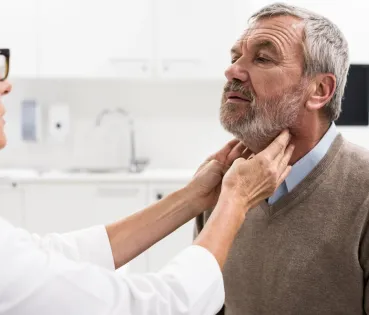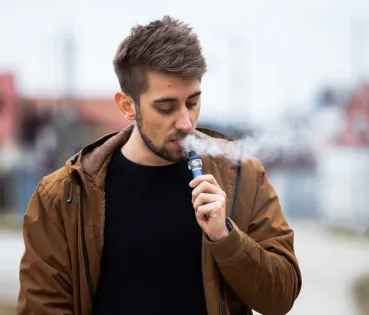
The Covid-19 vaccine: a worldwide race against time
Knowledge of other similar coronaviruses, China’s rapid response, sharing the genetic sequence of SARS-CoV2 and international cooperation have allowed ten vaccines to be in the last phases prior to their approval by the regulators.
Ten vaccines against Covid-19 have already reached the third phase, which means that they are being tested on thousands of people. The process, which usually takes years, has been streamlined due to the severity of the pandemic. To achieve it, the research process was started up working on different steps at the same time. In the case of SARS-CoV2, the name of the coronavirus first detected in December, 2019 in the city of Wuhan and that caused Covid-19, scientists started working when the outbreak was confirmed.
Coronaviruses are a large family of viruses that can cause diseases in animals and in humans. In people, some cause respiratory infections that can be mild or more serious such as the Middle East Respiratory Syndrome (MERS), identified in 2012 and the Severe Acute Respiratory Syndrome (SARS), which appeared in 2002. The first research phase for a vaccine against this new coronavirus was made easier due to the knowledge scientists already had about these previous outbreaks, and because China shared the genetic sequence of the new coronavirus in January.
When the genetic sequences were known, the work to obtain the vaccine started and the biotechnological company Moderna, in the United States, started the clinical trials just ten weeks after discovering the data. Other pharmaceutical companies such as Sinovac, Sinopharm, AstraZeneca and Novavax also started a race against time to obtain the vaccine in as short a time as possible.
More flexible
The world emergency has meant that the regulators are more flexible, although the European Medicines Agency (EMA), which controls vaccines and other drugs in the European Union, guaranteed that this greater flexibility will not put the safety of the population in any danger. The experts are looking to see which parts of the process can be speeded up, bypassed or can be made more efficient to obtain the vaccine in 2021. The EMA has also implemented a series of fast procedures to move forward in a more flexible way in the development and approval of vaccines and treatments for Covid-19.
The research for a vaccine involves a linear process that includes pre-clinical and clinical phases (the latter in humans). Owing to the emergency, the phases are being carried out at the same time and they overlap. For example, clinical phases are starting on humans before finalising the research in animals or the fact that the vaccine is beginning to be mass produced before knowing whether it will be successful. To guarantee its safety and shorten the deadlines, the EMA continuously reviews the experimental vaccines from Pfizer and AstraZeneca and it has been analysing the laboratory study data from the very beginning, instead of at the end of the process, as is the usual practice.
Guaranteeing the vaccines
The countries are also working to guarantee the supply of vaccines as soon as they are approved and for example, the European Commission (EC) approved an advance purchase agreement with the pharmaceutical company Janssen Pharmaceutical Companies to guarantee the supply of 200 million doses of its vaccine to the member countries of the EU – with an option for another 200 million doses once the authorisation is received from the regulating agencies. The EC has also signed the purchase of 300 million doses of the AstraZeneca vaccines, of which 30 million will come to Spain.
In our country, the RUTI vaccine against Covid-19, developed by a researcher at the Microbiology Services in the Hospital Germans Trias i Pujol and manufactured by the pharmaceutical company Archivel Farma, is the first Spanish vaccine to receive authorisation to carry out an international clinical trial, which will be carried out in Argentina. The vaccine, designed against tuberculosis, is also foreseen to be effective against other viral infections such as the coronavirus. There are also other research projects that are in pre-clinical phases.
There are also Spanish companies involved in international projects such as the Galician biopharmaceutical group Zendal which, through its subsidiary Biofabri, will produce the vaccine by the pharmaceutical company Novavax in the European Union. And Moderna is working with the Swiss company Lonza and the Spanish pharmaceutical firm ROVI for the production and supply of its vaccine.




